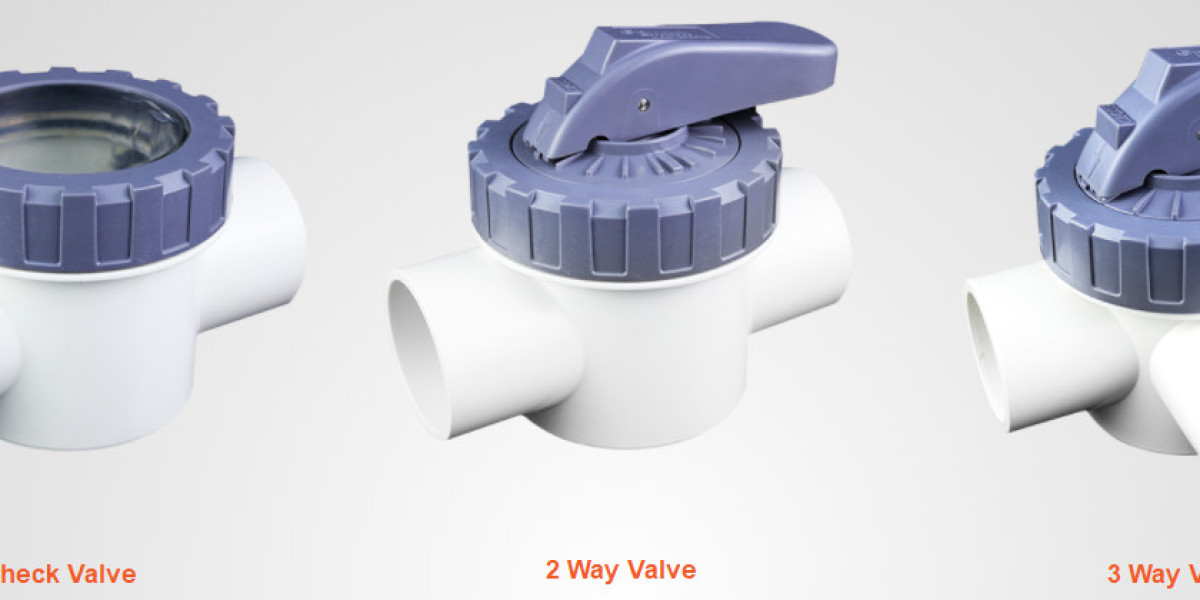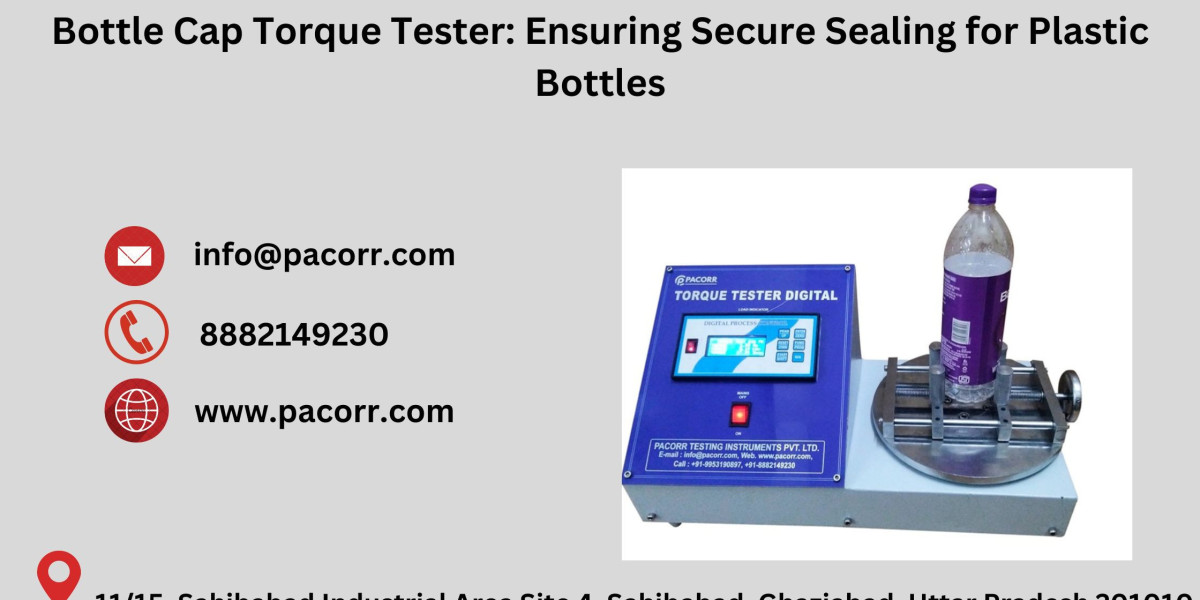If you're a pool owner, you're likely familiar with the importance of maintaining a functional and efficient pool system. One essential component of any pool system is the valve, specifically the PVC pool valve. These valves play a crucial role in controlling the flow of water throughout your pool system, ensuring that everything from your filtration system to your pool heater operates smoothly.
By the end of this guide, you will understand why PVC pool valves are so important for pool owners and how they can help keep your pool system running efficiently.
What is a PVC Pool Valve?
A PVC pool valve is a plumbing valve made from polyvinyl chloride (PVC), a durable plastic material. These valves are used in pool systems to control the flow of water between different components, such as the pump, filter, heater, and chlorinator. PVC pool valves are available in various types, including ball valves, gate valves, and check valves, each designed for specific functions within the pool system.
The key feature of PVC pool valves is their ability to handle high-pressure water flow while being resistant to corrosion. PVC is a lightweight, non-corrosive material that can withstand exposure to harsh pool chemicals and UV rays, making it ideal for pool plumbing.
Why PVC Pool Valves Are Important
PVC pool valves are an essential part of any pool system because they regulate the flow of water. Without the right valves, you could experience inefficient filtration, improper water circulation, or even equipment failure. Here are some key reasons why PVC pool valves are so important:
Controlling Water Flow: PVC pool valves allow you to control the amount of water that flows through various parts of your pool system. Whether it's adjusting the flow to the filter, directing water to the heater, or isolating a specific part of the system for maintenance, these valves provide the necessary control.
Preventing Backflow: In some cases, water may flow in the wrong direction, causing issues with your pool system. PVC pool valves such as check valves are designed to prevent backflow, ensuring that water only moves in the intended direction.
Isolating System Components: If a part of your pool system needs repair or maintenance, PVC pool valves allow you to isolate sections of the plumbing, so you don’t have to drain the entire pool or disconnect other components.
Improved Pool Efficiency: By controlling the water flow more effectively, PVC pool valves help optimize the performance of your pool system. Efficient water circulation ensures better filtration and heating, keeping your pool water clean and at the right temperature.
Durability and Longevity: PVC is a highly durable material that resists corrosion and scaling. This makes PVC pool valves long-lasting and capable of withstanding the harsh conditions of a pool environment, including constant exposure to water chemicals, UV rays, and high pressures.
Types of PVC Pool Valves
There are several types of PVC pool valves, each with different purposes. Understanding these types will help you choose the right valve for your pool system.
1. Ball Valves
Ball valves are one of the most commonly used types of PVC pool valves. They have a spherical ball with a hole in the middle that allows water to flow through. When the valve handle is turned, the ball rotates to either open or close the flow. Ball valves are known for their ease of use and quick operation.
These valves are ideal for controlling the flow of water in and out of various pool equipment like the pump, filter, and heater. They offer reliable performance and are highly resistant to wear and tear, making them a popular choice for pool owners.
2. Gate Valves
Gate valves are another type of PVC pool valve used to control water flow. These valves have a sliding gate mechanism that opens or closes the valve when the handle is turned. Gate valves are commonly used for isolating certain parts of the pool system for maintenance or repair.
While they are effective for shutting off the flow, gate valves are typically not used for precise water flow control, as they don’t provide the same level of accuracy as ball valves.
3. Check Valves
Check valves are designed to allow water to flow in one direction and prevent backflow. This is particularly important in pool systems to ensure that water doesn't flow backward into the filtration system, heater, or pump. PVC check valves are commonly used in systems where the water flow direction must be controlled, such as in the return lines of pool pumps.
Check valves help prevent damage to equipment caused by backflow and keep the pool water clean and properly circulating.
4. Diverter Valves
Diverter valves are used to direct water flow to different parts of the pool system, such as the return jets or pool cleaner. These valves allow you to split the water flow between two or more outlets, giving you flexibility in directing water where it’s needed most. They are especially useful for systems with multiple return lines or when you want to direct water to a pool feature like a fountain or spa.
Benefits of PVC Pool Valves
There are several advantages to using PVC pool valves in your pool system:
1. Corrosion Resistance
PVC is a highly corrosion-resistant material, making it ideal for use in pool plumbing systems. Unlike metal valves, which can rust and degrade over time due to constant exposure to pool chemicals and water, PVC valves maintain their integrity and function for much longer.
2. Lightweight and Easy to Install
PVC pool valves are lightweight, making them easier to handle and install compared to metal valves. This is especially helpful for pool owners who want to perform basic plumbing repairs or upgrades on their own. PVC valves are also relatively affordable, making them a cost-effective solution for pool maintenance.
3. Low Maintenance
Because PVC is resistant to corrosion, scale buildup, and chemical damage, PVC pool valves require very little maintenance. They can last for many years without needing frequent repairs or replacement, which helps save money and time.
4. Durability
PVC is a highly durable material, capable of withstanding the high pressures and temperatures typically found in pool plumbing systems. PVC pool valves are built to last and can withstand exposure to harsh weather conditions and the chemicals used in pool maintenance.
How to Maintain PVC Pool Valves
To ensure that your PVC pool valve continues to perform efficiently, regular maintenance is essential. Here are some tips to keep your valves in good working condition:
Check for Leaks: Regularly inspect the valves for any signs of leakage. If you notice any leaks around the valve body or connections, tighten the fittings or replace damaged O-rings or seals.
Lubricate Moving Parts: For ball or gate valves, it’s a good idea to lubricate the moving parts occasionally to ensure smooth operation. Use a silicone-based lubricant designed for pool equipment to avoid damage to the valve or seals.
Clean the Valve: Over time, dirt and debris can accumulate on the valve and its components. Clean the valve periodically to ensure smooth operation. Use a mild soap and water solution to clean the outside of the valve, and avoid using harsh chemicals that may damage the PVC material.
Inspect for Wear and Tear: Inspect the valve regularly for signs of wear, especially on the handles and seals. If the valve becomes difficult to operate or shows signs of cracking or degradation, it may be time to replace it.
How to Choose the Right PVC Pool Valve
Choosing the right PVC pool valve depends on your specific needs and the design of your pool system. Here are some factors to consider:
Valve Type: Determine what type of valve you need based on its function. Ball valves are ideal for controlling water flow, gate valves are useful for isolating sections, and check valves are essential for preventing backflow.
Size: Choose a valve size that matches the diameter of your pool plumbing. A valve that is too small may restrict water flow, while one that is too large can lead to inefficiencies.
Material: Ensure that the valve is made from high-quality PVC that is UV-resistant and designed to handle pool chemicals and high pressures.
Conclusion
PVC pool valves are an essential part of your pool system, providing control over water flow, preventing backflow, and ensuring efficient operation of your pool equipment. Whether you’re installing a new pool system or maintaining an existing one, choosing the right valve can make a significant difference in the performance and longevity of your pool.
With their durability, corrosion resistance, and ease of installation, PVC pool valves are a smart choice for pool owners looking to keep their systems running smoothly. By understanding the different types of valves available and how to maintain them, you can ensure that your pool operates efficiently for years to come.








